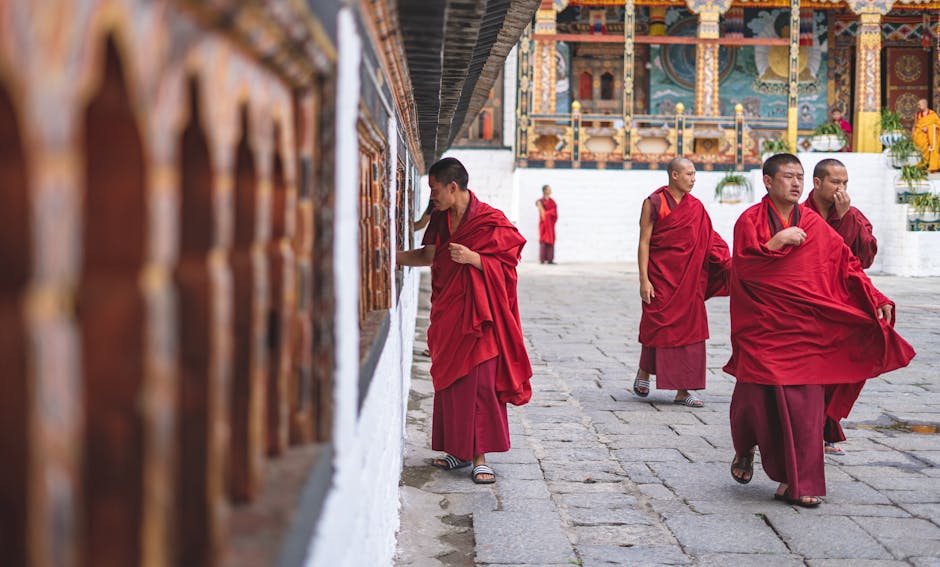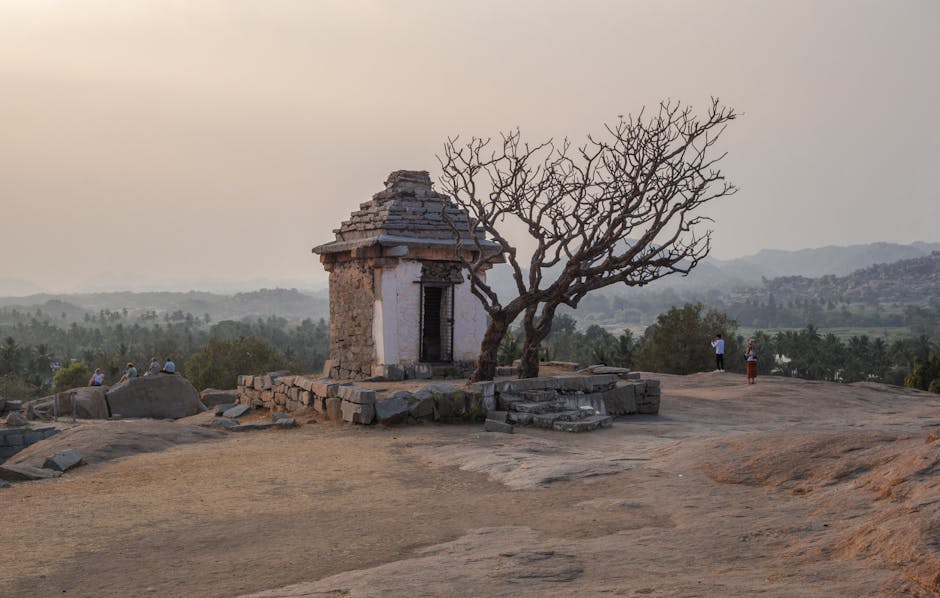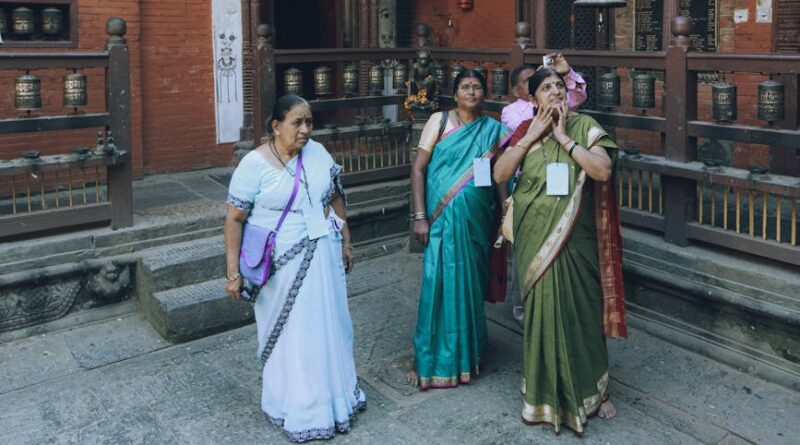Exploring Religious Traditions and Their Meanings
Religion has been an integral part of human societies for millennia, shaping cultures, beliefs, and worldviews. The diverse array of religious traditions practiced around the globe offer insight into the values, rituals, and spiritual beliefs of different communities. In this article, we will delve into the fascinating world of religious traditions and explore the meanings behind these ancient practices. From the rituals of indigenous tribes to the ceremonies of major world religions, we will uncover the significance and symbolism embedded in these traditions.
The Historical Roots of Religious Traditions

Religious traditions often have deep historical roots, with many practices dating back centuries or even millennia. Exploring the historical origins of these traditions can provide valuable insights into the cultural and social contexts in which they developed. For example, the ancient Egyptian practice of mummification was intricately tied to the belief in an afterlife and the preservation of the soul for eternity. Similarly, the Hindu tradition of Diwali, the festival of lights, has its origins in the ancient epic of Ramayana and symbolizes the triumph of light over darkness.
By examining the historical roots of religious traditions, we can gain a deeper understanding of the beliefs and values that have shaped societies throughout history.
The Symbolism of Religious Practices

Many religious traditions are rich in symbolism, using rituals, objects, and gestures to convey deeper spiritual meanings. For example, the Christian sacrament of baptism, in which a person is immersed in water or has water poured over them, symbolizes purification and spiritual rebirth. In Hinduism, the use of the lotus flower in religious art and ceremonies symbolizes purity, enlightenment, and divine beauty.
Exploring the symbolism of religious practices can reveal profound insights into the values and beliefs of a particular faith tradition. By understanding the symbolic meanings behind these rituals, we can appreciate the depth and complexity of religious traditions.
The Role of Religious Traditions in Society

Religious traditions play a crucial role in shaping the social fabric of communities around the world. From providing a sense of identity and belonging to promoting moral values and ethical principles, religious traditions serve as a cornerstone of many societies. For example, the Islamic tradition of Zakat, or almsgiving, helps to promote social justice and alleviate poverty within the Muslim community.
By examining the role of religious traditions in society, we can better understand how these practices contribute to the welfare and cohesion of communities, as well as the challenges and opportunities they present in a diverse and interconnected world.
Controversies and Debates Surrounding Religious Traditions

Despite the positive aspects of religious traditions, they are not without controversy. Throughout history, religious practices have been the source of conflicts, divisions, and debates within and between communities. For example, the practice of animal sacrifice in some indigenous traditions has sparked debate over its ethical implications and cultural significance.
By exploring the controversies and debates surrounding religious traditions, we can gain a more nuanced understanding of the complex dynamics at play within and between different faith communities.
Modern Applications of Religious Traditions
In today’s globalized world, religious traditions continue to evolve and adapt to new social, cultural, and technological contexts. From the use of social media to spread religious teachings to the incorporation of environmental activism into spiritual practices, modern applications of religious traditions reflect the changing needs and values of contemporary societies.
By examining the modern applications of religious traditions, we can gain insights into how these ancient practices remain relevant and meaningful in the modern world, as well as the challenges and opportunities they face in an ever-changing cultural landscape.
Common Misconceptions About Religious Traditions
Despite the rich diversity of religious traditions, there are many common misconceptions and stereotypes that persist in popular culture. From misrepresentations of indigenous spiritual practices to misunderstandings of complex theological concepts, these misconceptions can perpetuate harmful stereotypes and hinder interfaith dialogue and understanding.
Frequently Asked Questions About Religious Traditions
What are some common misconceptions about religious traditions? How do religious traditions contribute to the cultural identity of communities? What are the ethical implications of certain religious practices? These are just a few of the questions that individuals may have when exploring the world of religious traditions.
Comparative Analysis of Religious Traditions
Comparative analysis of religious traditions can provide valuable insights into the similarities and differences between different faith traditions. By examining the core beliefs, practices, and values of different religions, we can gain a deeper appreciation for the diversity and complexity of religious traditions around the world.
Conclusion
To wrap things up, exploring religious traditions and their meanings offers a fascinating glimpse into the rich tapestry of human beliefs and practices. By delving into the historical roots, symbolism, societal roles, controversies, and modern applications of religious traditions, we can gain a deeper understanding of the complex dynamics at play within and between different faith communities. As we navigate the diverse landscape of religious traditions, let us approach these ancient practices with curiosity, respect, and an open mind, seeking to learn from the wisdom and insights they offer.




